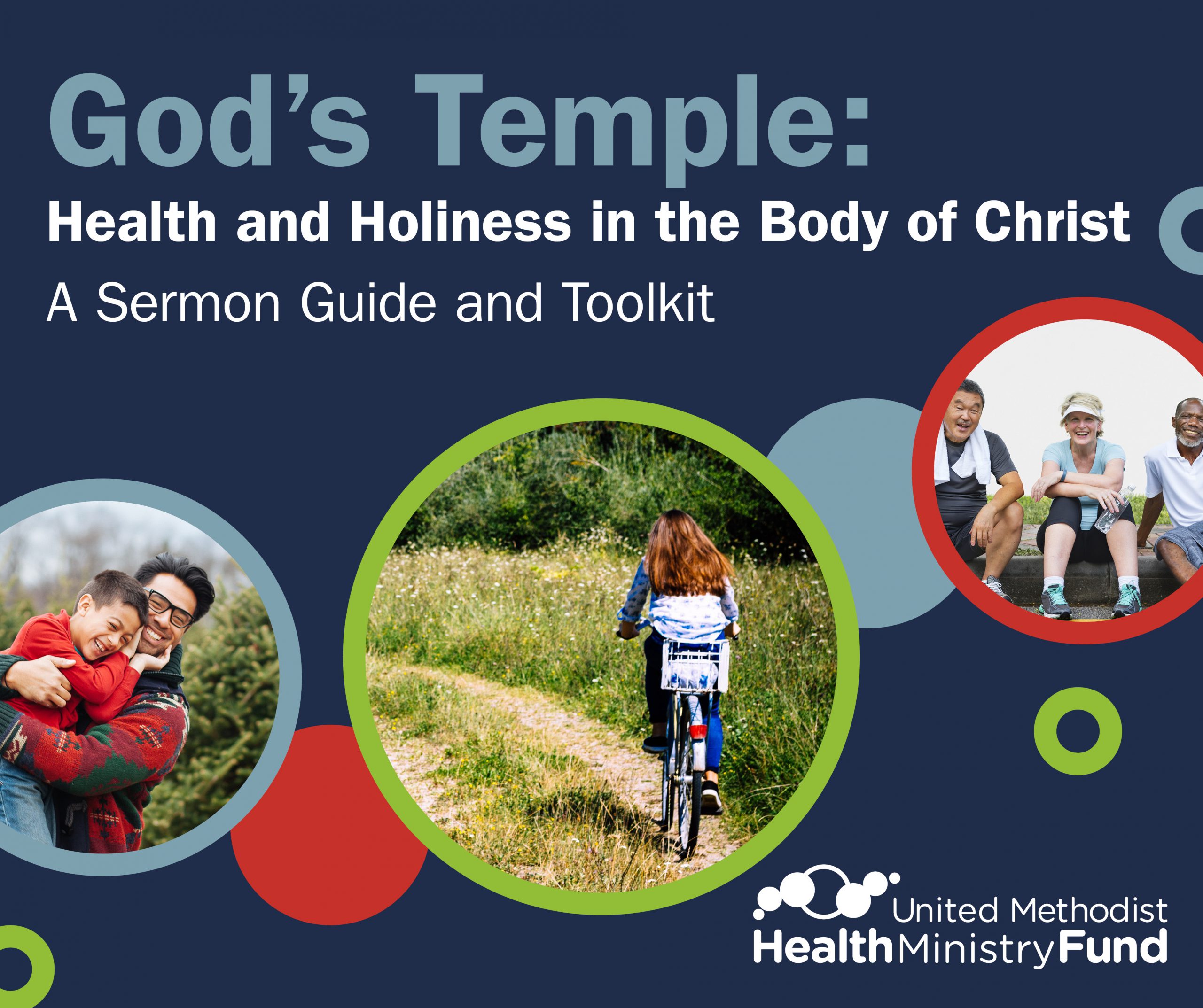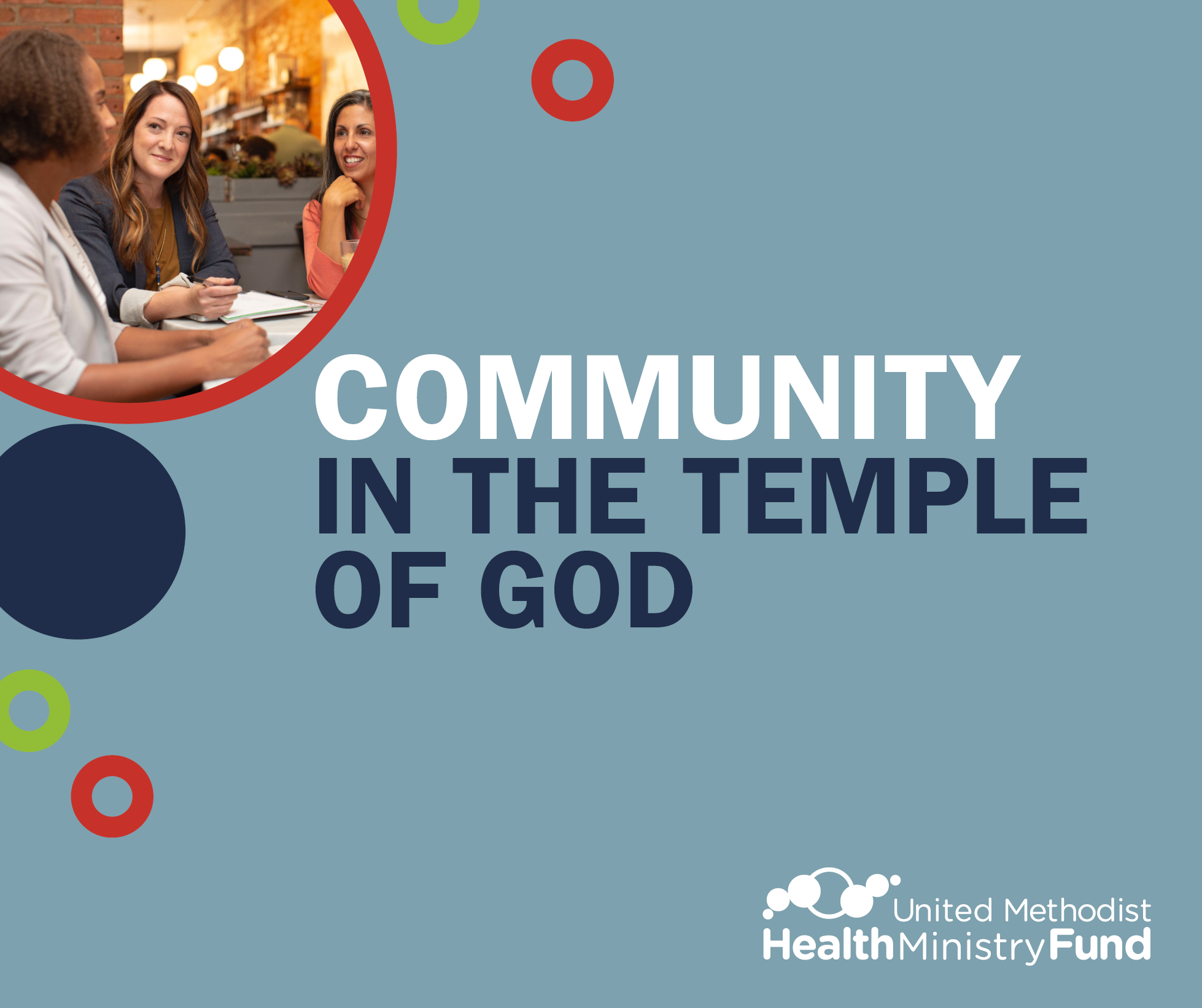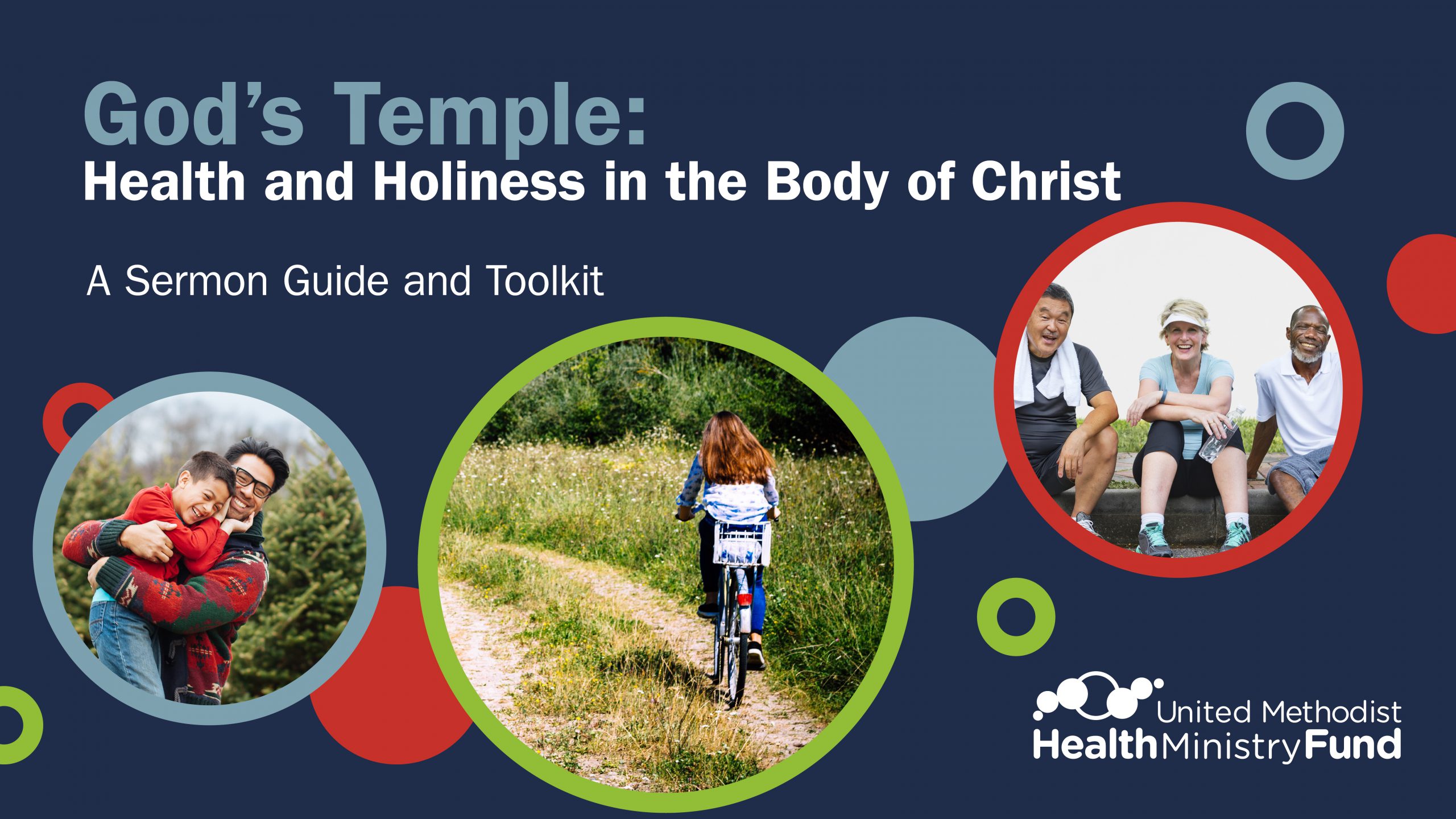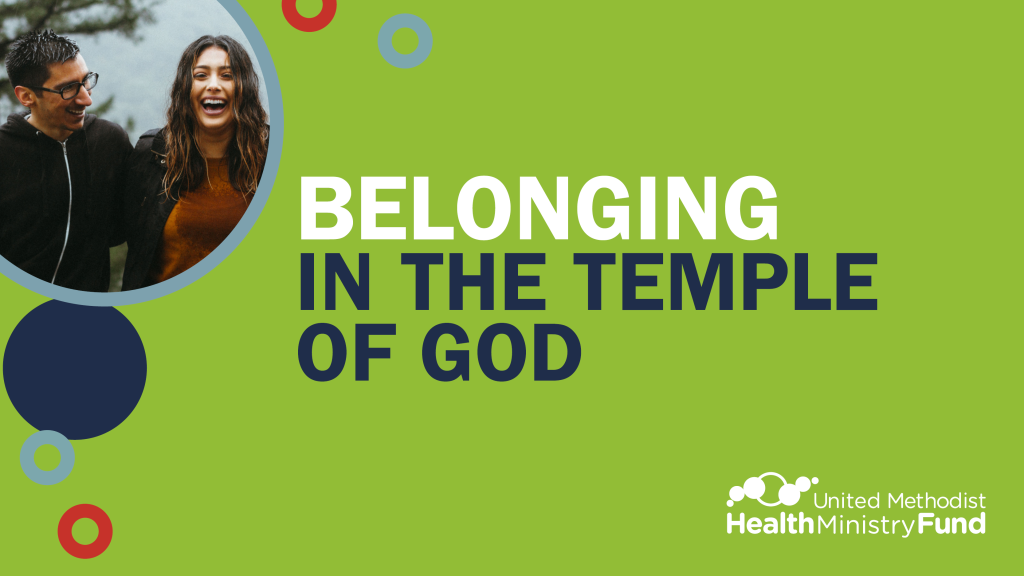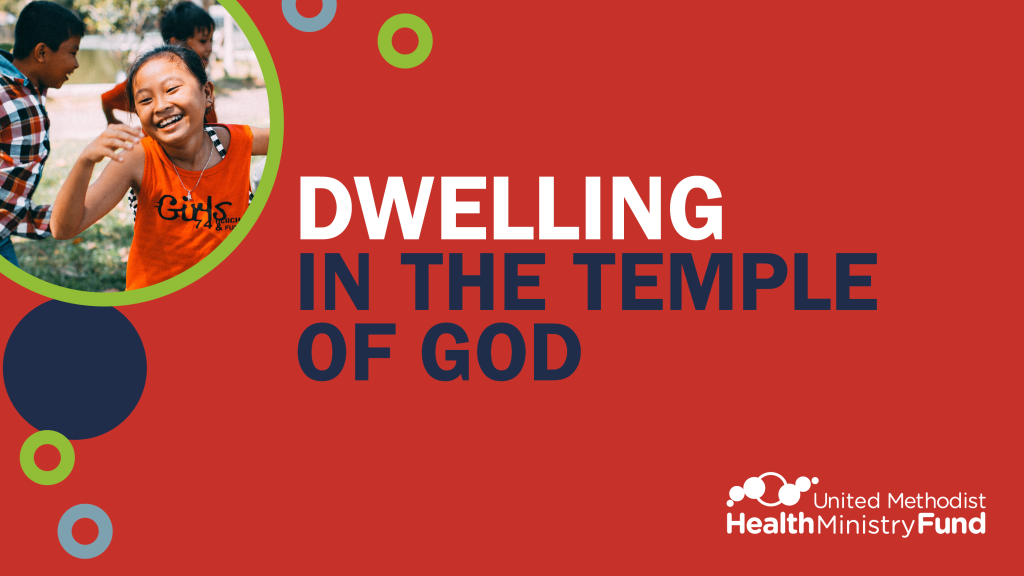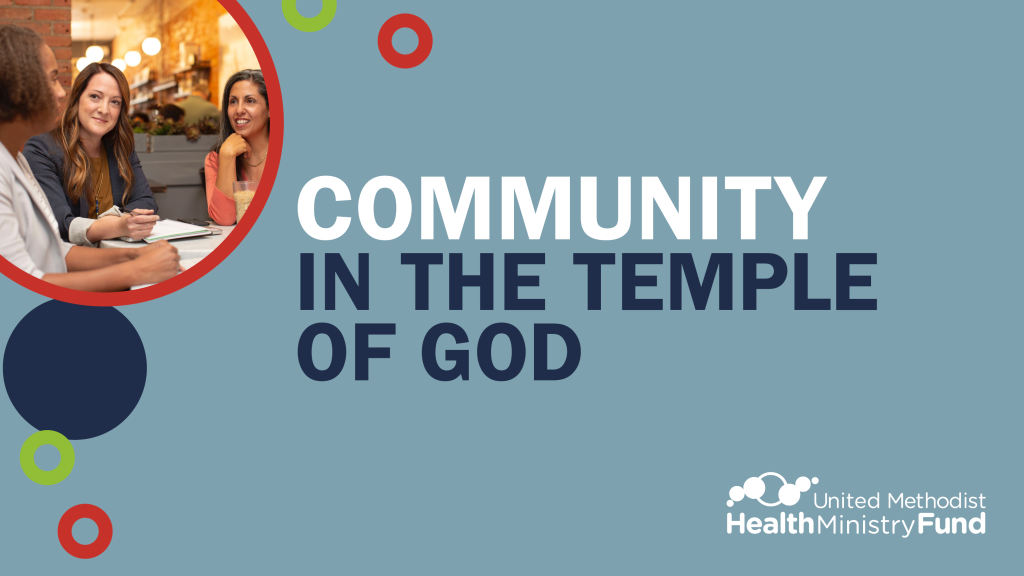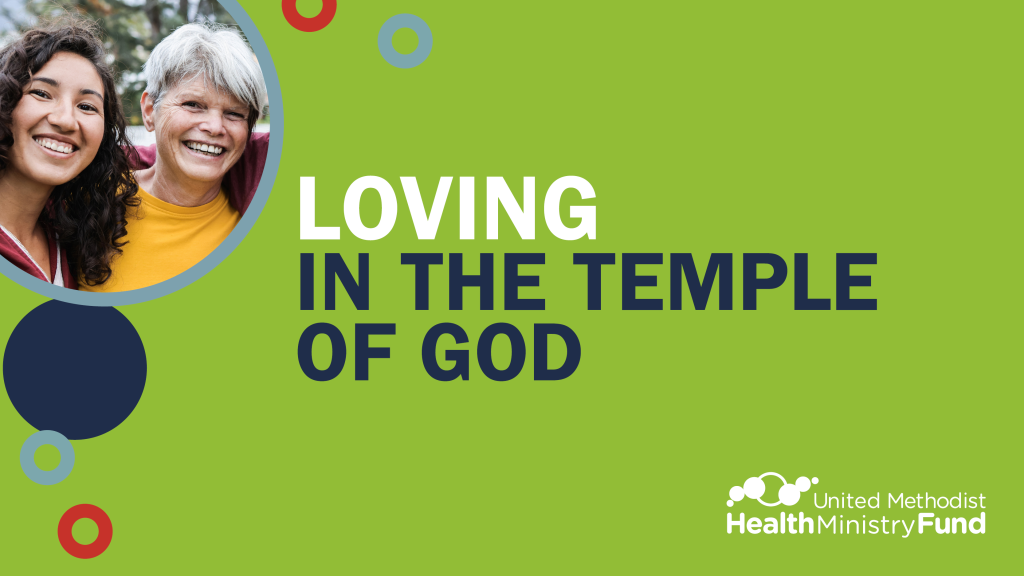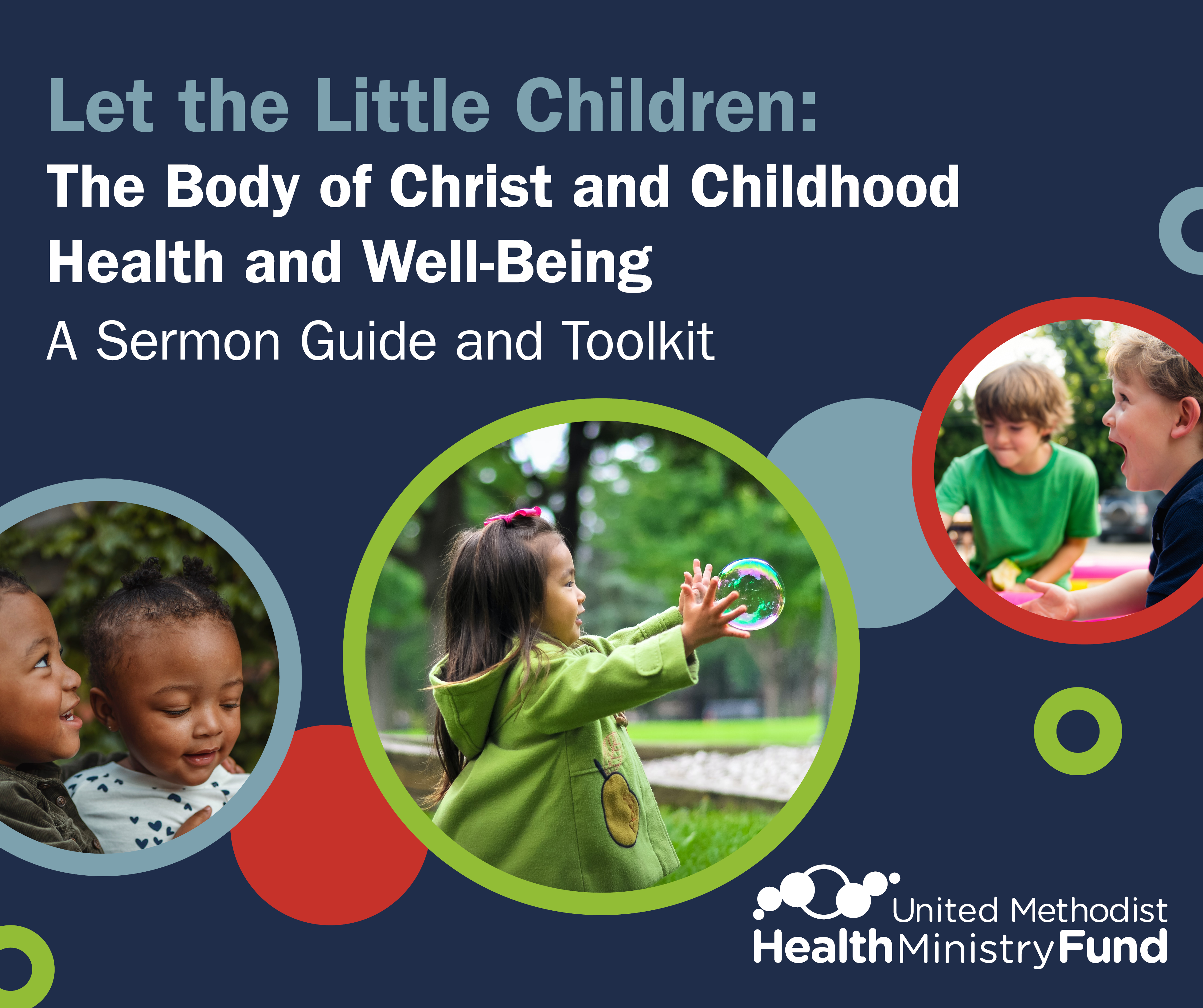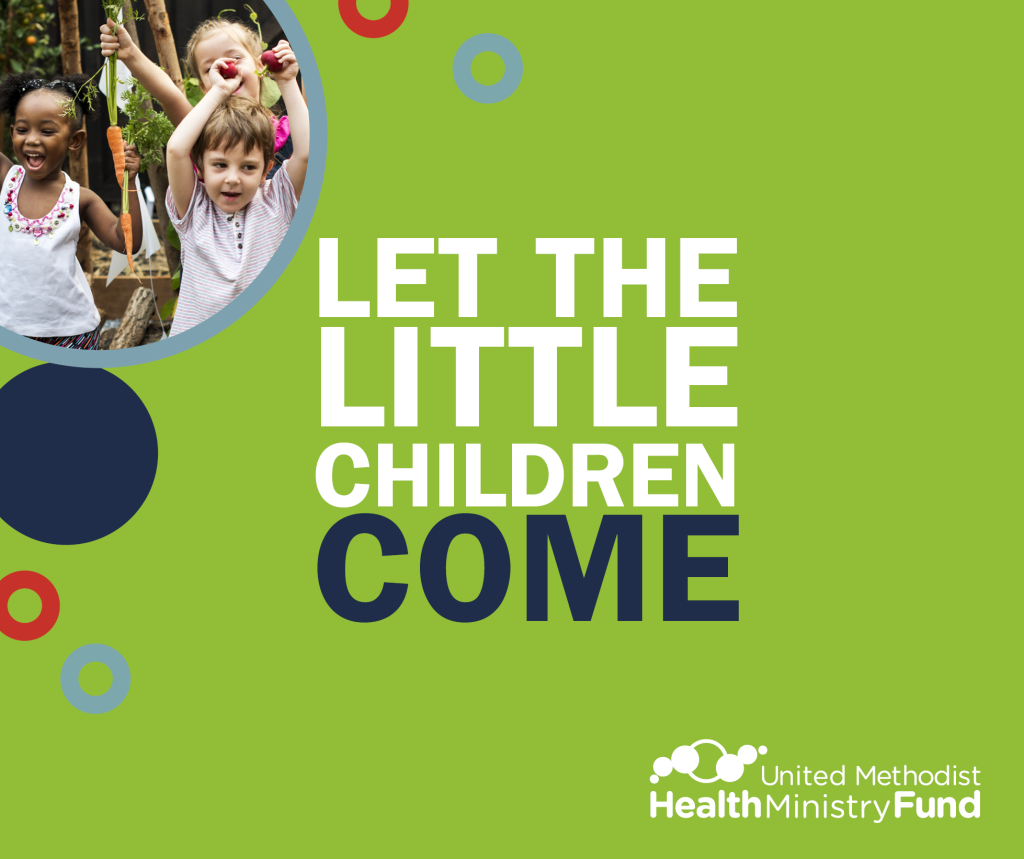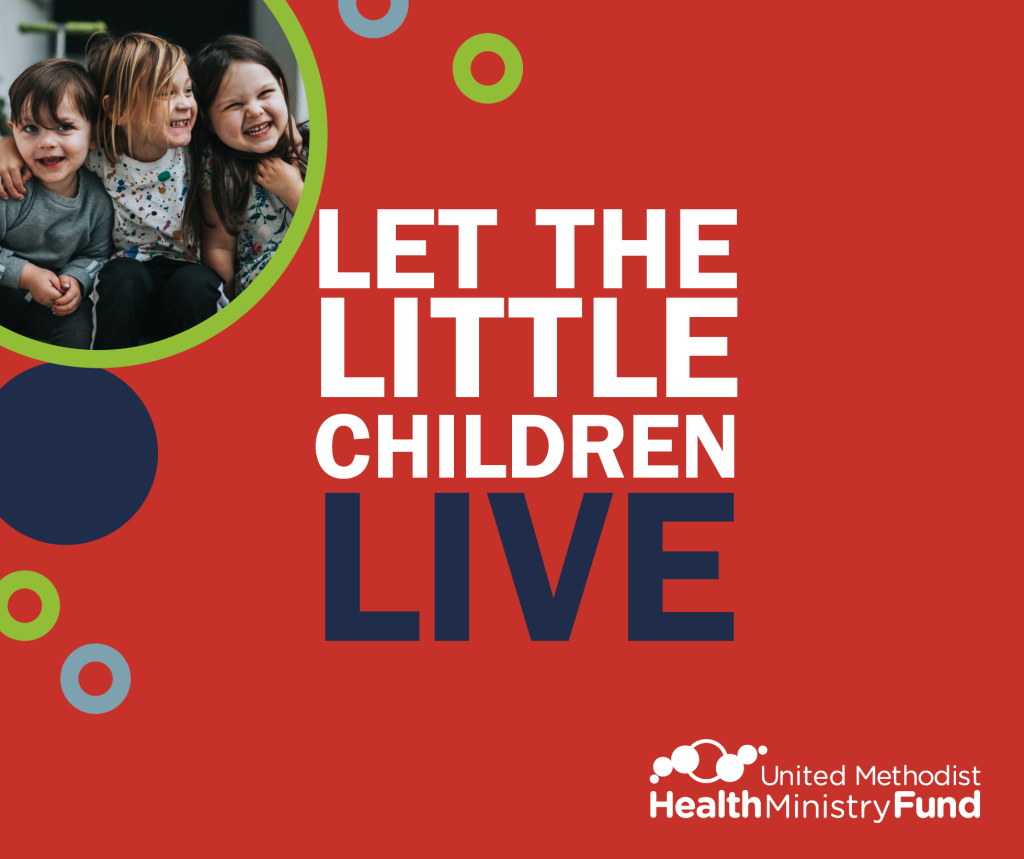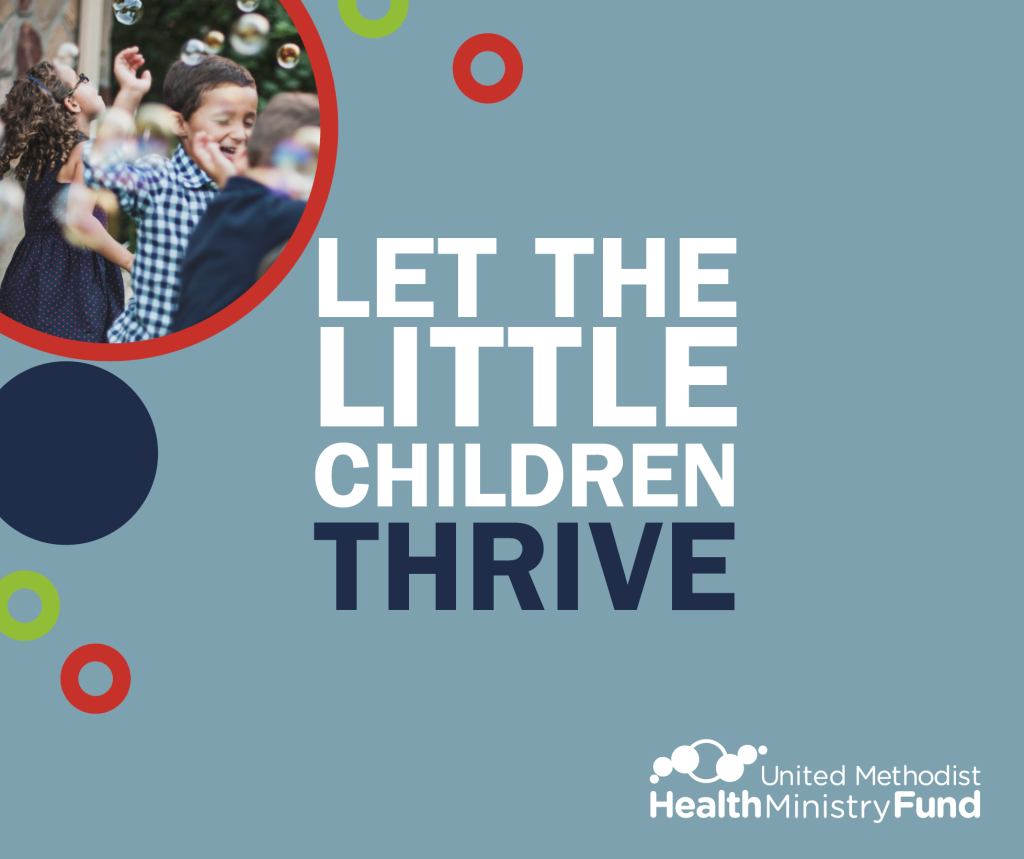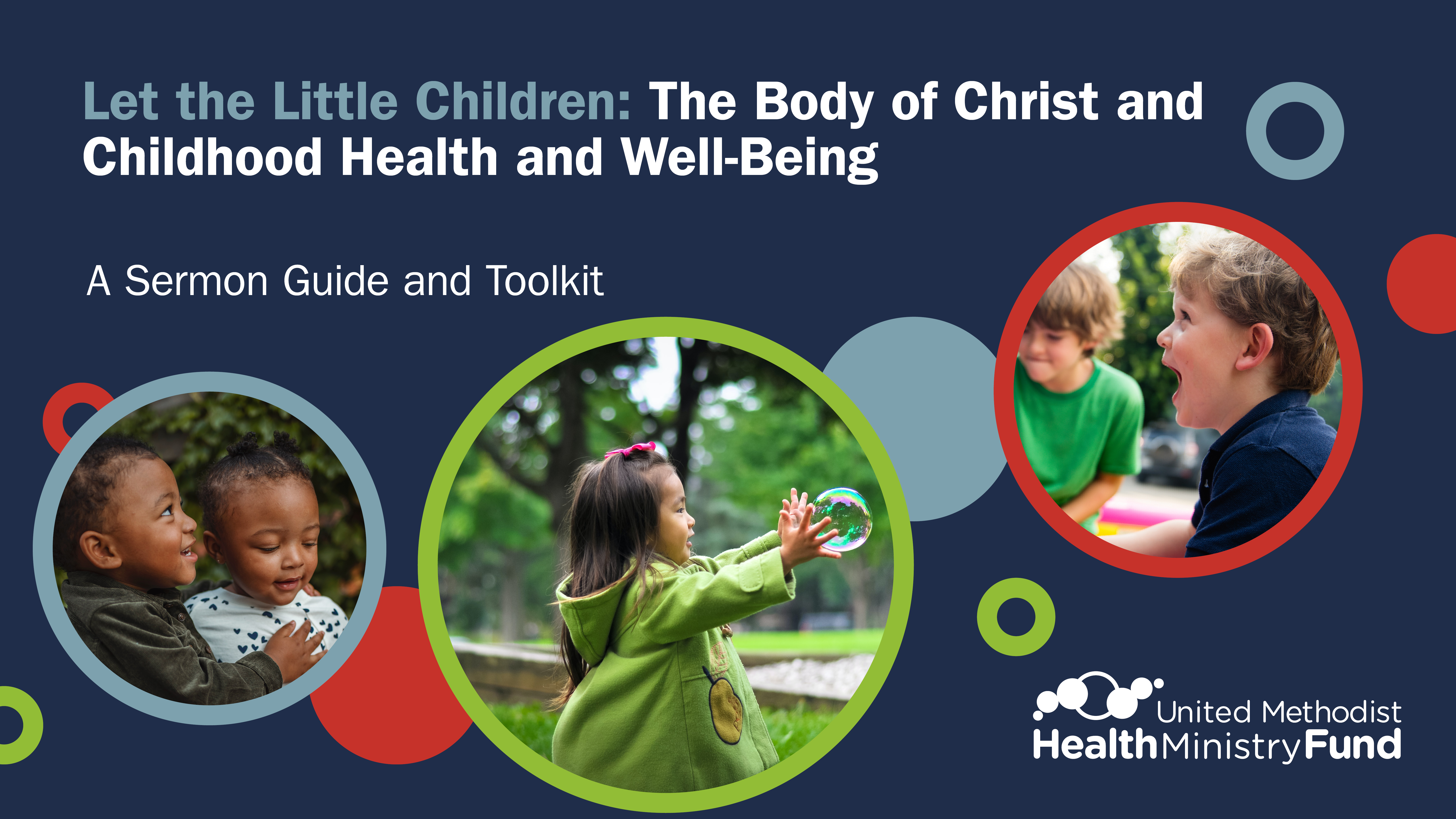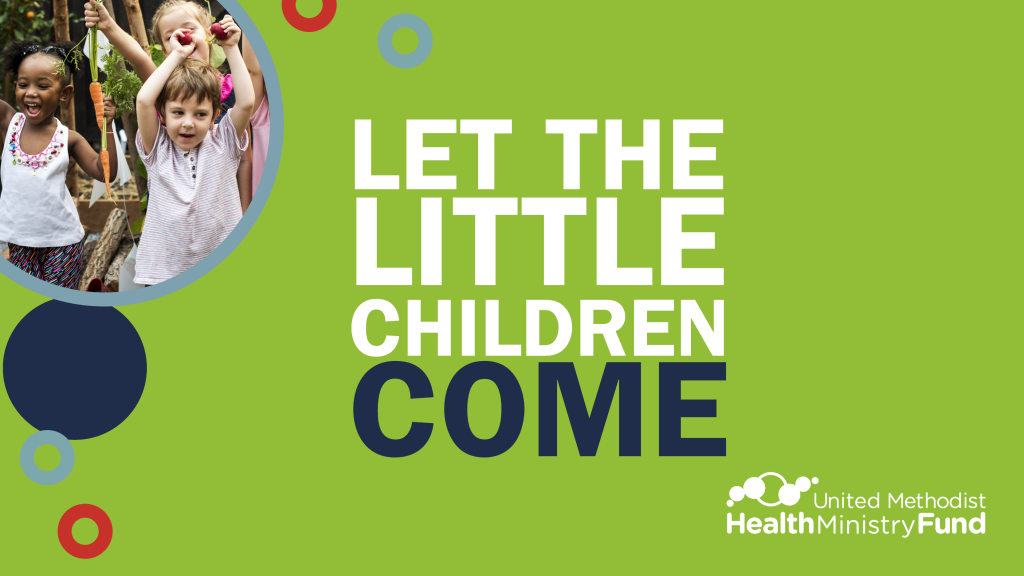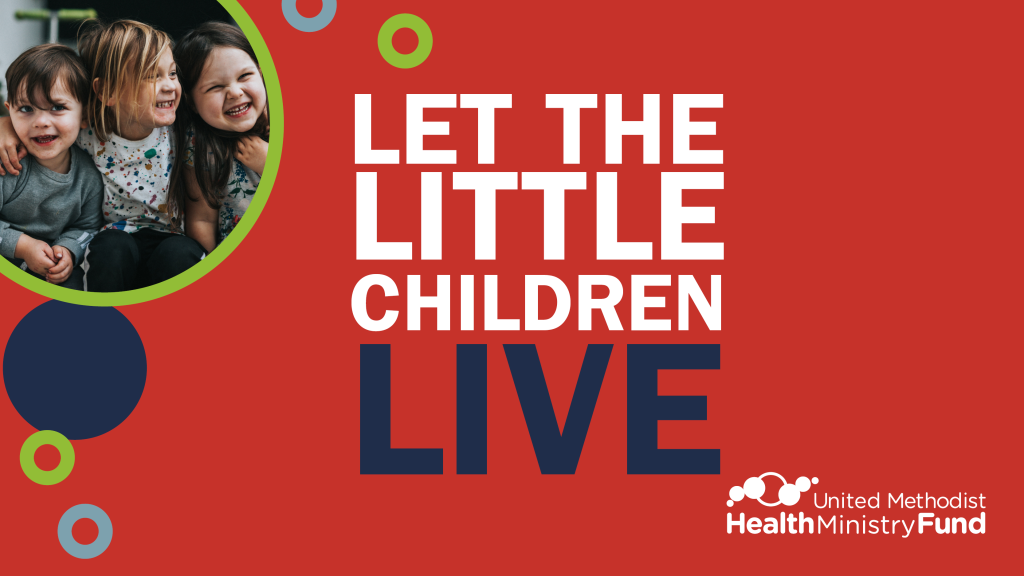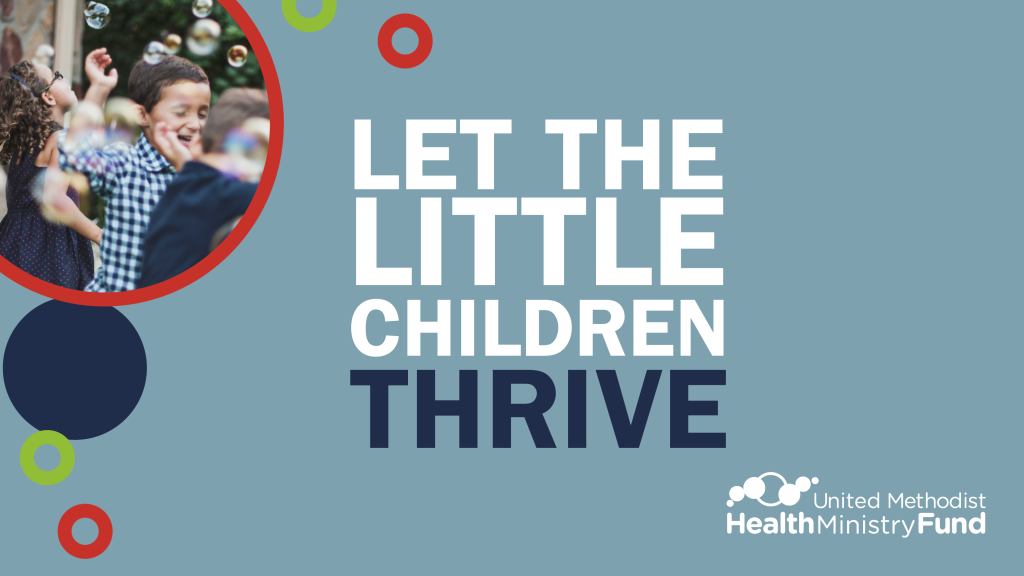By Katie Schoenhoff, Director of Programs
Happy National Breastfeeding Month.
As we celebrate National Breastfeeding Month, we are reminded of the gains achieved and the work ahead in helping ensure that breastfeeding’s numerous health benefits are available to all mothers and children.
At the United Methodist Health Ministry Fund, we have worked to support breastfeeding for more than 15 years. In early years, we supported breastfeeding as a proven way to help prevent early childhood obesity. Since 2010, breastfeeding support has been a cornerstone of our strategic work, and the more we’ve gained understanding about the physical, emotional, and relational benefits that breastfeeding has for both a child’s and mother’s well-being, the more importance we’ve placed on this work.
A 2007 breastfeeding support grant to United Methodist Mexican-American Ministries (now Genesis Family Health) in western Kansas was a success in its own right, but also highlighted several challenges and opportunities that have guided our subsequent work.
One early learning was that mothers often face challenges which make it difficult to continue breastfeeding when returning to work. In 2010, we began supporting the Kansas Breastfeeding Coalition’s Business Case for Breastfeeding program, which illustrates the bottom-line benefits of supporting breastfeeding employees and simple, low-cost ways to do so.
We learned that supportive maternity facility policies and procedures, trained health care providers, and post-delivery/postpartum access to lactation support make a huge difference in initiating and maintaining successful breastfeeding. We also learned the importance and value of collaboration across the national, state, and local levels.
The Health Fund worked with the Kansas Breastfeeding Workgroup to develop the High 5 for Mom and Baby program that started in 2011. This program provides training, resources, and a framework to help Kansas hospitals and birth facilities implement five or more evidence-based practices proven to support successful breastfeeding, improving maternal and infant health outcomes while also reducing racial and ethnic health disparities.
To obtain High 5 for Mom & Baby recognition, facilities complete a voluntary, self-reported evaluation and follow five or more of the evidence-based High 5 for Mom & Baby practices.
In 2014, we co-sponsored the Kansas Health Summit on Breastfeeding with the Kansas Health Foundation (KHF). From there, we and KHF used the summit to inform a grant initiative where we co-funded 10 projects to work on physician education, lactation support services, regional coalition development, and more.
We’ve continued to work in partnership with the Kansas Breastfeeding Coalition and have long funded the organization’s leadership as well as various projects providing a continuum of care for women prenatally and throughout their breastfeeding journey.
Gaining experience through these projects, we have continued to adapt and modify our breastfeeding work as we saw more Kansas hospitals taking on maternity care best practices each year. Starting in 2016, we provided funding for five hospitals to work toward the rigorous Baby-Friendly designation, which all five have now achieved. We then partnered with Kansas Department of Health and Environment (KDHE) to co-fund another five hospitals. At this time, 10 Kansas hospitals maintain the Baby-Friendly designation, covering nearly 50% of births in our state.
While Baby-Friendly designation is the “gold standard” for supporting breastfeeding in maternity care settings, we recognized that many other hospitals are working to improve their goals and may not have the staffing or financial means to achieve the designation.
In 2020, we launched the High 5 for Mom and Baby Premier program. These facilities follow all 10 of the evidence-based High 5 for Mom & Baby practices. This spring we announced that 22 facilities had achieved premier recognition, which is the largest number of hospitals to earn the premier recognition since it was introduced.
Since we’ve entered the breastfeeding field, we have seen significant increases in breastfeeding initiation and duration rates for the state. In 2021, Kansas reached the top 15 states for all measures for the first time.
This is in part because multiple funding partners have worked together to support the field, including KDHE and KHF. So much traction has been gained and we have valuable leadership from the Kansas Breastfeeding Coalition and local coalitions across the state that have helped Kansas see significant gains in lactation support and policies within hospitals and communities. This work has led to more women receiving supports in various settings—local businesses, workplaces, places of worship, health departments, and more. All of us working together has made a significant difference for women and children across our state.
While there is much to celebrate, there is much left to do. Although the overall breastfeeding rates are improving, rates for Black and brown women–as was the case in 2007 and unfortunately remains true today–are not seeing as many improvements and these gaps need to be narrowed. In recent years, our work with the Kansas Breastfeeding Coalition has focused on working with coalitions led by women of color to support their communities. We continue to proudly support the work that the coalition is doing to amplify all voices.
During National Breastfeeding Month we should celebrate the work that has been accomplished, but we still must all come together and continue to help every Kansas family achieve their infant feeding goals to create the best outcomes for mothers and babies.
About the series
This is the first in a multipart series on the state of breastfeeding in Kansas. Next week we’ll learn more from the Kansas Breastfeeding Coalition on how our state ranks in breastfeeding and how individuals and businesses can support breastfeeding mothers.
The full blog series includes:
High 5 for Mom & Baby Practices
The ten High 5 for Mom & Baby practices are based on the WHO/UNICEF Ten Steps to Successful Breastfeeding – evidence-based practices proven to increase breastfeeding success and reduce racial and ethnic disparities.
1. Facility will have a written maternity care and infant feeding policy that addresses all ten High 5 for Mom & Baby practices supporting breastfeeding
2. Facility will maintain staff competency in lactation support
3. All pregnant women will receive information and instruction on breastfeeding
4. Assure immediate and sustained skin-to-skin contact between mother and baby after birth
5. All families will receive individualized infant feeding counseling
6. Give newborn infants no food or drink other than breastmilk unless medically indicated
7. Practice “rooming in” – allow mothers and infants to remain together 24 hours a day
8. Families will be encouraged to feed their babies when the baby exhibits feeding cues, regardless of feeding methods
9. Give no pacifiers or artificial nipples to breastfeeding infants
10. Provide mothers options for breastfeeding support in the community (such as a telephone number, walk-in clinic information, support groups, etc.) upon discharge
